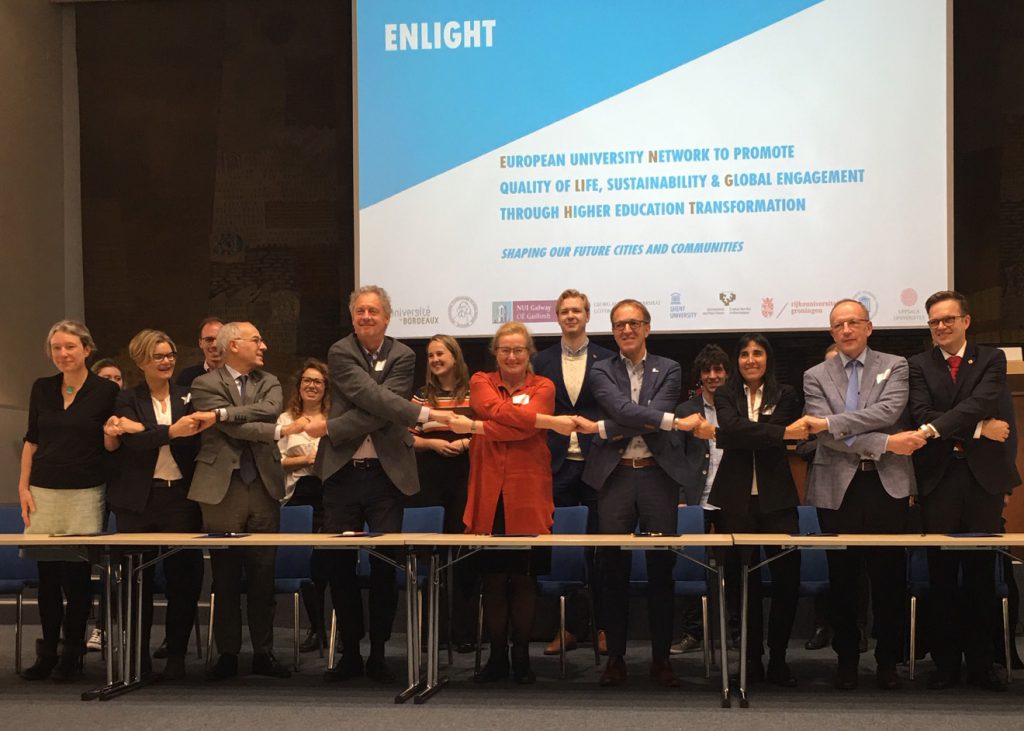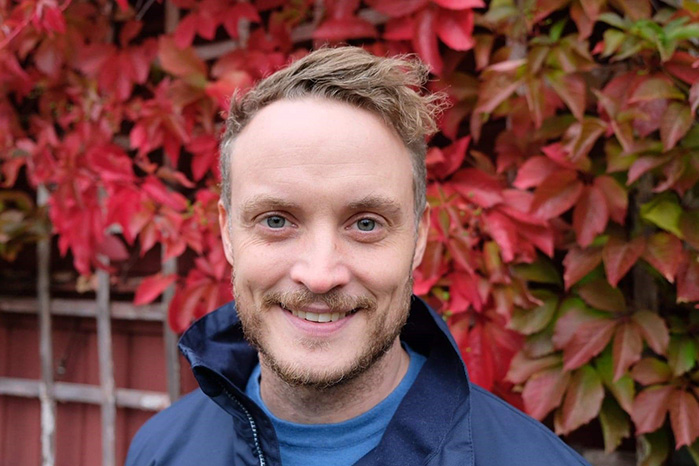This week we have held a conference that concludes a three-year internationalisation project that has been more successful than we could ever have dared to hope: the South Africa–Sweden University Forum (SASUF). This cooperation project has involved 37 Swedish and South African higher education institutions and focuses on the UN Sustainable Development Goals. The first meeting took place in South Africa three years ago and was an immediate success, attracting great interest from researchers in both countries. One aspect of this project that has particularly pleased us is that ideas and initiatives have come almost exclusively from researchers and students themselves. Moreover, many of these will probably be pursued further and taken to new levels.
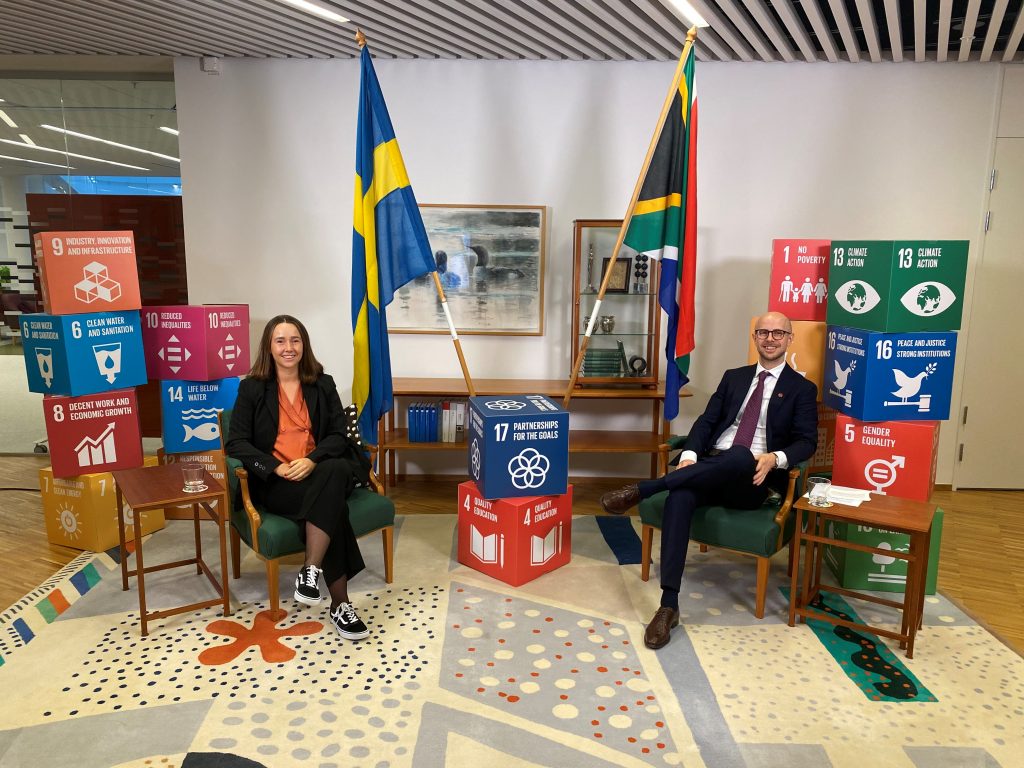
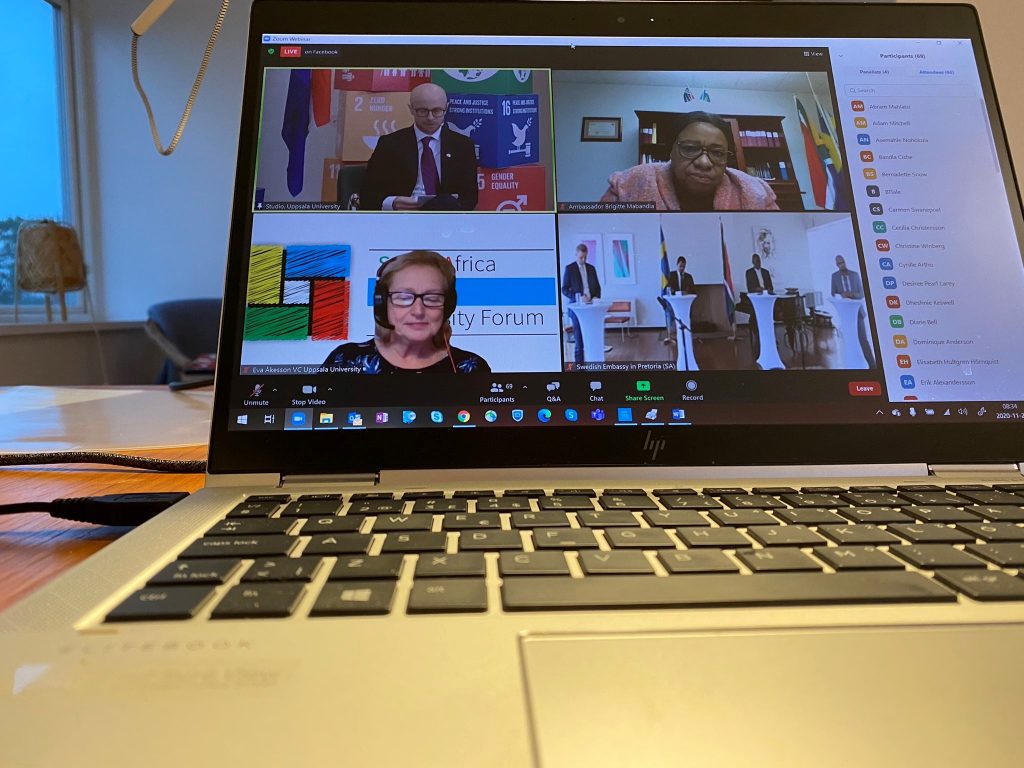
This week’s conference, “SASUF goes digital”, was originally planned as a physical meeting but was adapted to a virtual format as soon as we realised that the coronavirus restrictions would make it impossible for participants to travel here from South Africa. We were certainly a little concerned about how this would affect the amount of interest, but as it turned out, we needn’t have worried. This week we have conducted 60 parallel virtual workshops, with a total of more than 700 participants – proof enough of great and genuine interest. It was particularly pleasing that students from both countries organised ten or so seminars on their own initiative. The seeds for this were planted last year, when five students joined the Swedish delegation at the conference in South Africa. Now, barely a year later, a SASUF Student Network has already grown up with 300–400 members. It promises well for the future that students are eager for opportunities to discuss the challenges of sustainability.
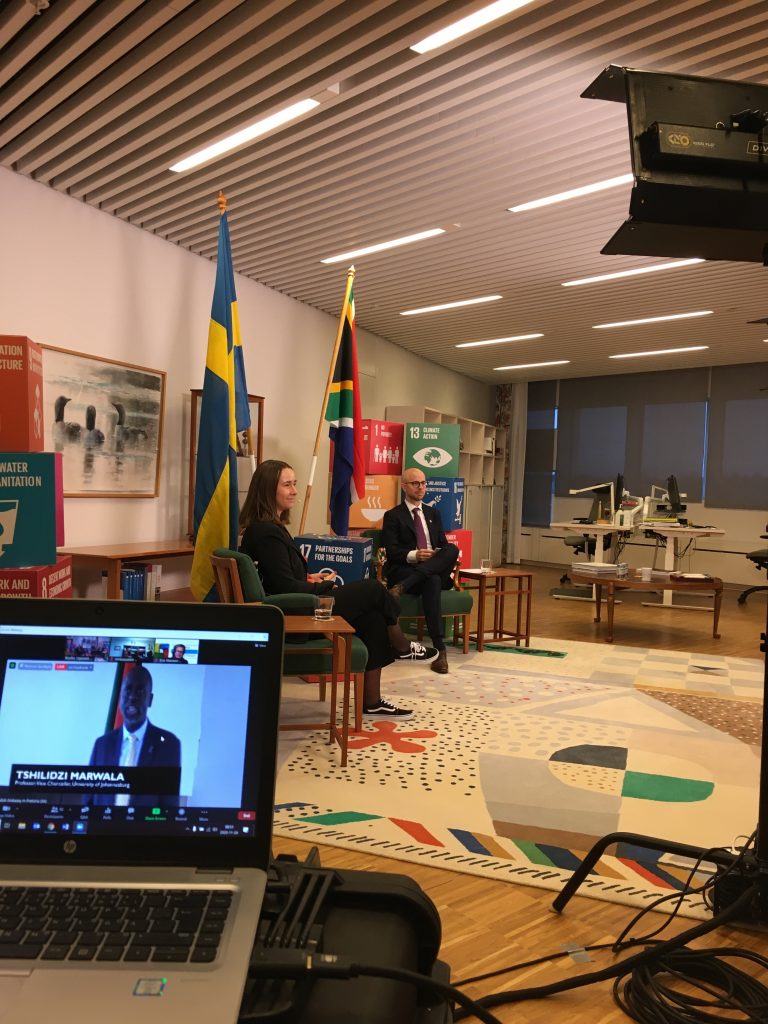
The conference opened online on Tuesday, with only one researcher, one student and a film team in place and everyone else on Zoom. We were in live contact with a similarly scaled-down opening ceremony in South Africa in which the Swedish Ambassador, Håkan Juholt, participated. Later in the day, the heads of all 37 member universities joined in a Leadership Summit at which we discussed the future. There was a broad consensus on continuing our cooperation and planning for the long term, as the sustainability challenges demand. Consequently, we have now all agreed on a joint action plan, SASUF 2030, for continued cooperation for the sake of the Sustainable Development Goals and a better world.



